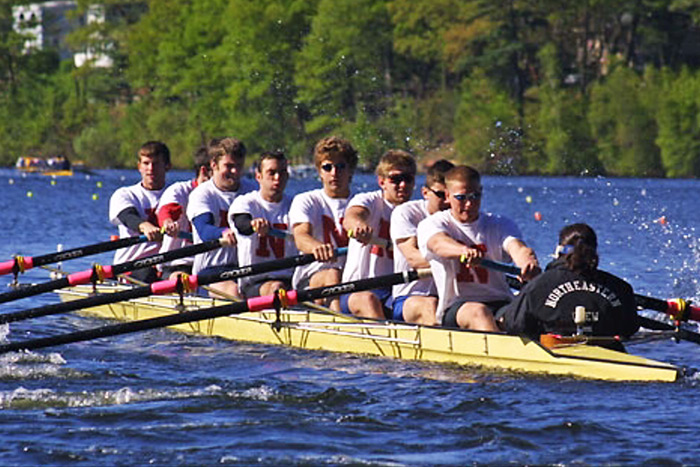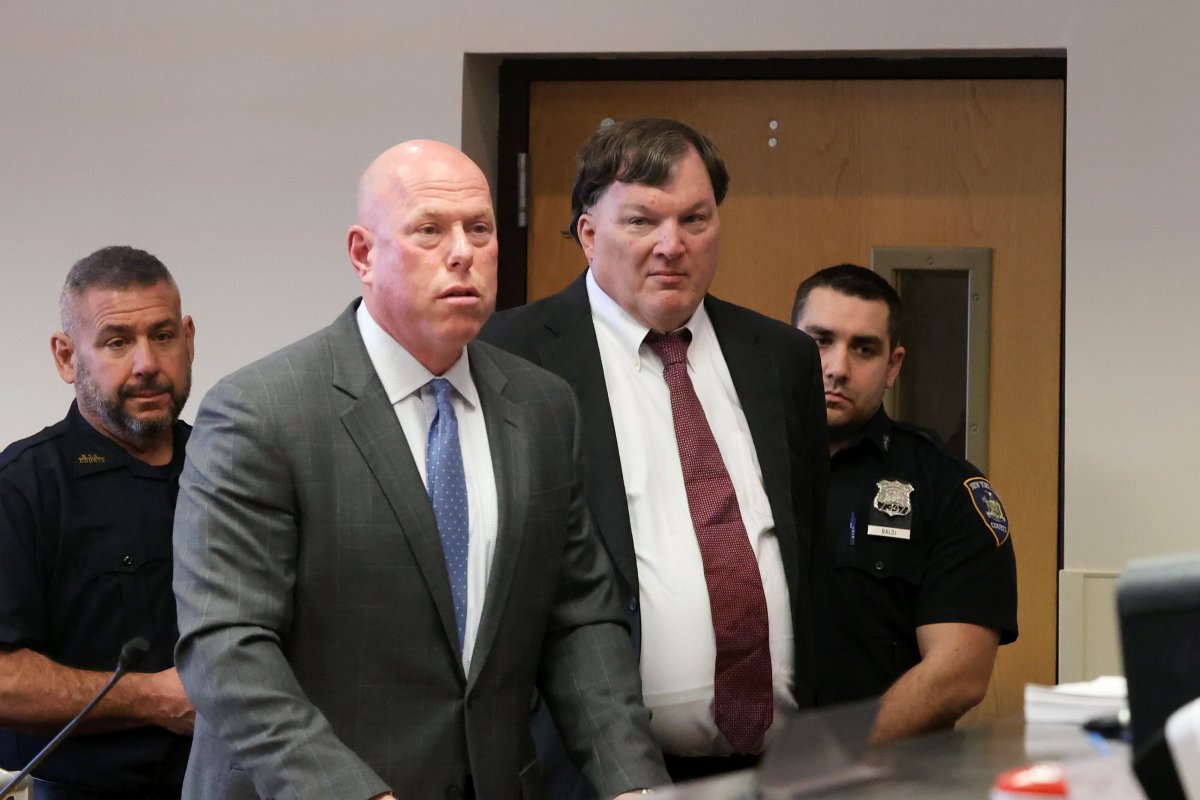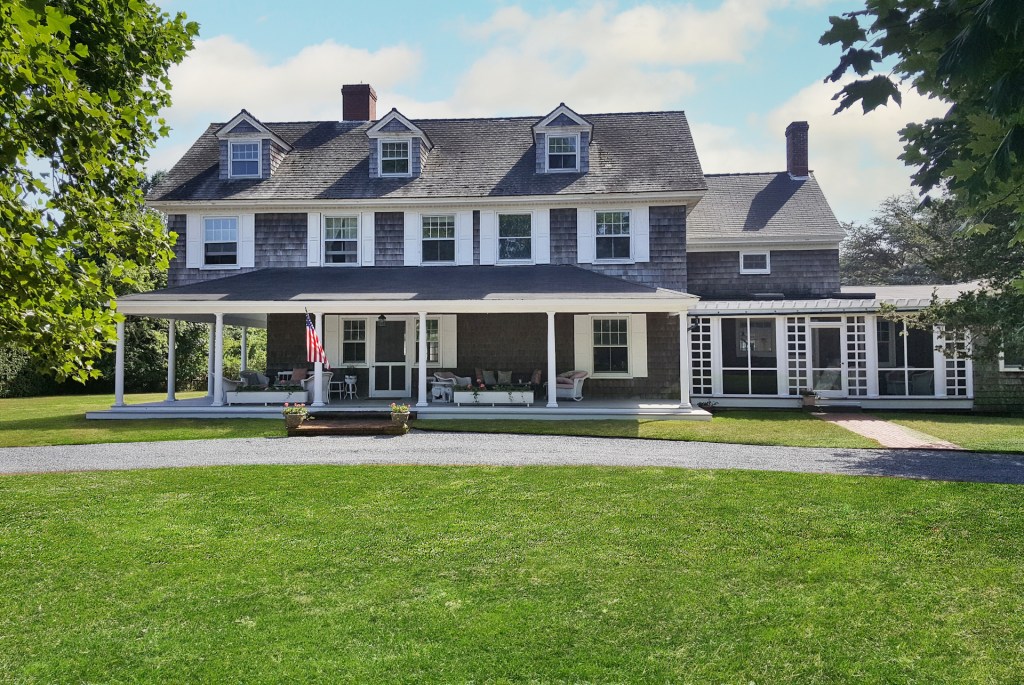Yale vs. Everybody: Harvard, Northeastern, John C. Calhoun and the Rowing Rules

A few weeks ago, I wrote that Yale University was taking more than a year to decide whether or not to change the name of one of its colleges. John C. Calhoun was a graduate of Yale who became a prominent American politician. He fought for slavery. If it weren’t for him, slavery would have ended sooner than it did. Nevertheless, because he went to Yale, years later Yale named one of its colleges Calhoun College. Enter through the storied ivy gate of Yale University. Hie thee to Calhoun College.
A Podunk University might have taken a minute to decide to scrap that name. But not Yale. Yale is the land of high IQ’s and deep thinking. Articles were written, reports made, research done, debates held, committees formed. Perhaps that college should be renamed for an African-American, or a woman, or a famous computer pioneer, or a military officer.
Last week they got one with three out of four. The college is now Grace Murray Hopper College, and she is a woman, a computer programing pioneer and a World War II Naval Officer. The carved “Calhoun College” on the stonework above the entrance to the newly named Hopper Hall will have to be dealt with.
As a result of this announcement, Fox News personality Geraldo Rivera—who held a voluntary position at Calhoun College—announced his resignation.
“Intolerant insistence on political correctness is lame,” he said. Good for him.
This week, there is an even more interesting story about long thoughtful delays at Yale. It was even worse, because it now included Harvard.
It has to do with rowing.
On June 12, 2016, a pistol shot sounded the start of the annual rowing race between Harvard and Yale for the great silver cup that has been awarded to the winner every year since 1852.
The two rowing sculls raced out of the starting gate into rough weather on the Connecticut River toward the finish line four miles down. At the quarter-mile mark, Yale’s scull had pulled a half a boat length ahead of Harvard’s, but then a great rogue wave appeared and swamped the Harvard boat, causing its crew, still behind, to bail out into the water. An umpire waved a red flag. The race was halted. But Yale continued to row on, its coxswain barking the orders, until the four miles were completed, after which the Yalies rallied off to their boathouse and celebrated their victory. Harvard asked for a restart, in vain. Harvard then filed a protest.
Last week, nearly seven months later, a committee of racing officials from both Harvard and Yale declared that Yale did not win. On the cup for 2016, the words “No Official Result” will be posted.
It had taken seven months to come to this. If you abided by the rules of regular college regatta racing, Yale was the winner. But this event had been going on since before there were regular college regatta racing rules. There was little guidance. But the referee had waved the red flag, ending the race. And the weather had deteriorated so badly after the swamping that a planned re-start, asked for by Harvard, could not take place.
This was a particularly bitter pill for Yale, because since 2001 they had won this annual rivalry only two times, and the last time had been the year before. If they had won 2016, it would have been two in a row.
I read about this in the Associated Press. My favorite quote was about the supremacy of Harvard’s rowing team.
“Harvard had been dominant, winning seven in a row and 14 out of the last 15,” it read.
And that made me think about my son, David Lion Rattiner. Many of you know him. He works for Saunders and has just bought a house in the Springs. At 6 foot 4, he’s the tallest of my sons, and during his college days, he rowed against Harvard. That would have been in 2002, just after the start of their long dominant stretch against rowing clubs throughout the Northeast.
David’s team won. This had to be one of the highlights of his life.
Well, it should have been a highlight of my life, too. But I missed it.
It happened like this.
David was in his junior year at Northeastern University in Boston. And one weekend I went up to Worchester, Massachusetts for a regatta in which he rowed. Forty colleges had sent crews. There were freshmen boats, JV boats and varsity boats for heavy- and lightweights, and this annual event had been going on for years and years. A thousand people lined the shores and cheered their boys on. It was a great day.
College rowing is an amazing sport. The crews and their coaches go out on the river to practice at five in the morning, year round. They row in the dark in winter for several hours. They work out in the boathouses, then go home and have breakfast and go off to classes. David told me of days when they rowed alongside ice floes in the Charles River. But out they went nevertheless. I cannot think of any college sport that results in so much discipline, camaraderie and bonding. Some of these rowers remain friends for life.
David was in the Light Varsity boat in that regatta for Northeastern. He rowed in the preliminaries, not one with Harvard in it, and his crew failed to qualify, so they didn’t go to the finals, where Harvard ran away from the rest of them.

But it was a wonderful spring day.
One month later, David told me his crew was to sprint against Harvard on the Charles on a Saturday afternoon. It’s a long trip up from East Hampton to Boston, and I was sure I knew who would win. I decided to take a pass on it. I wish I hadn’t.
David told me what happened when he came home for summer vacation. He and the others knew they didn’t have much of a chance. And so they started the race at an impossibly frantic pace to pull way ahead and hope Harvard couldn’t catch them.
Their strategy startled Harvard at first, and Northeastern rowed several boat lengths into the lead, but midway through the four-mile race, David said, everybody in their boat began to tire. With every stroke now, Harvard was getting closer and closer, until finally the two boats were neck-and-neck and there was still a quarter-mile to go. It was no use.
But then the Gods of Rowing intervened. The rowers stroke in unison, as you know, and as Harvard began to pull in front, the third Harvard rower suddenly lost control of his oar. It’s called “catching a crab” and it happens when an oar hits the water in an unexpected way. When that happens, in the heat of battle, it’s a disaster.
Harvard fought to regain its rhythm but could not, and Northeastern roared past them and beat them by three lengths.
It’s customary at the end of a rowing race for the two sculls bearing the exhausted rowers to slowly drift over toward each other to come alongside. There, the winners shake hands with the losers, and the losers strip off their rowing shirts—it’s often a white T-shirt with the name of the school on it—and hand them to the winners.
At our house, David went into his room and brought it out. It was ripped and had a big crimson slash and the letter H on it. It had been dirty and sweaty when he’d gotten it. And he’d left it that way.
I don’t know whatever came of that shirt. Ask David, if you see him.



